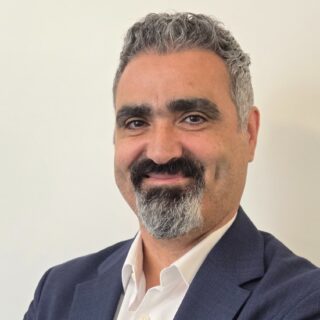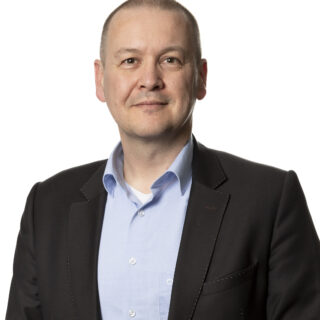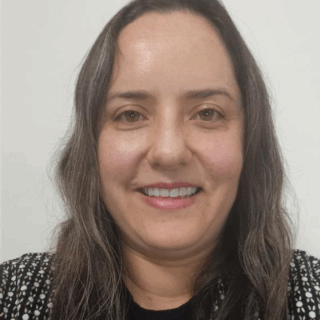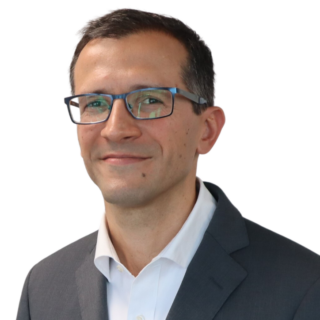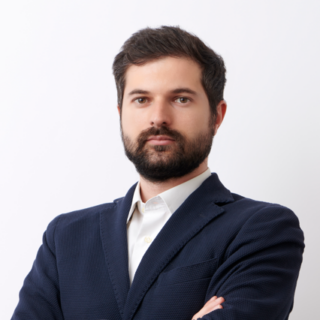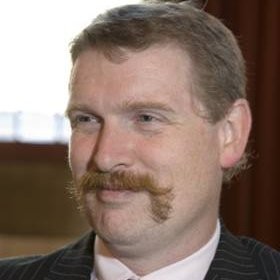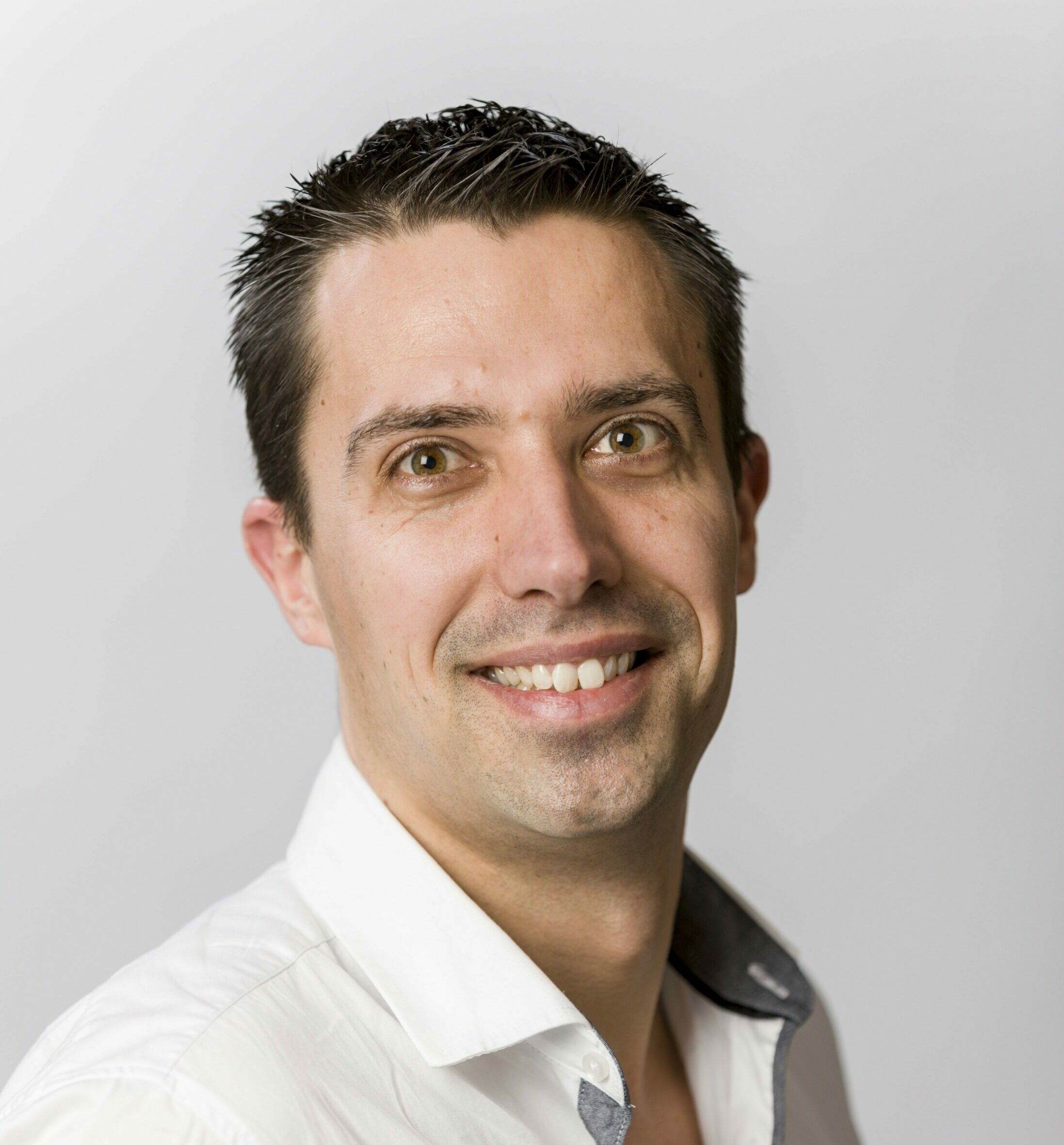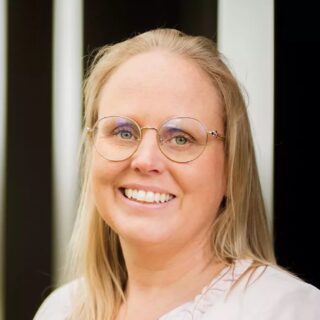
Deerns’ innovative water management tool gives insights on water consumption, helps reduce consumption, and improves sustainability in hospitals and hotels.
Optimising water consumption in buildings has become a priority as global water scarcity concerns grow. As a leader in sustainable engineering solutions, Deerns has developed a pioneering water management tool to help property owners and facility managers audit water use, identify inefficiencies and implement cost saving and sustainability driven measures.
" While energy audits have been standard practice for years, water audits are now gaining traction. Often, the largest savings opportunities are not where clients expect them to be.
This innovative approach, successfully applied in several hospitals and over 10 hotels, is setting new industry standards by leveraging a methodical, data driven process to assess and optimise water use. With rising operational costs and increasing regulatory pressures on water conservation, businesses and institutions are now prioritising water efficiency as a key sustainability objective.
A Strategic Approach to Water Auditing
The core of Deerns’ water management solution is a structured audit process, which functions through a highly detailed, interconnected open source tool. The tool systematically maps out water consumption patterns within a building, using available submetering data to pinpoint where water is being used and where savings can be made.
The first step is understanding where water is being consumed – whether in kitchens, sterilisation processes or guest rooms. Once we have that breakdown, we can identify opportunities to optimise usage.
This approach is particularly valuable for large and complex facilities such as hospitals and hotels, where multiple departments and complex processes contribute to overall water consumption.
" By integrating real time data collection and historical analysis, the tool enables facility managers to make informed decisions based on actual consumption patterns rather than estimates.
Uncovering Unexpected Insights
Through the audits, Deerns has uncovered unexpected inefficiencies. In some hotels, significant leaks were detected in irrigation loops and once-through cooling systems – areas previously overlooked by management. Meanwhile, in hospitals for example, disinfection & sterilisation processes – initially assumed to be among the main sources of water consumption – were found to have a much lower impact than expected.
" These insights have been eye-opening for Deerns' clients.
By analysing each building’s water footprint, the team was able to propose precise solutions – whether for operational adjustments or system upgrades. The findings underscore the importance of a granular approach to water management.
Implementing Effective Water Saving Measures
Deerns’ approach extends beyond just identifying inefficiencies by helping clients to implement both behavioural and structural changes. In hotels, for example, staff training on efficient housekeeping and kitchen practices has led to immediate reductions in water consumption. In other cases, upgrades such as low flow taps, waterless urinals and closed loop sterilisation systems have delivered substantial long-term savings.
Benchmarking also plays a key role in the process. Comparing water consumption across similar buildings helps clients assess their performance and adopt best practices. For example, we have seen hospitals with excellent systems but a lack of technical management, and vice versa. By learning from each other, clients can tailor their strategies for maximum efficiency.
The Future of Water Management at Deerns
Deerns is now working to expand this approach to more facilities, including Dutch hospitals where sustainability and cost effectiveness are key drivers. Unlike southern European countries, the Netherlands has ample freshwater resources. However, Dutch hospitals are increasingly focused on water conservation as part of broader sustainability initiatives, acknowledging that water scarcity is closer than we think.
Deerns is ahead of the curve, applying our expertise from energy efficiency to water management. This positions us as industry leaders in a rapidly evolving field.
Deerns also recognises the potential for further refining our methodology. With growing interest from clients across Europe, Deerns is considering formalising the tool into a more advanced digital platform. The transition from an Excel based system to an integrated software solution would enhance scalability, allowing clients to automate data collection and reporting processes.
A Step Ahead in Sustainability
Water conservation is becoming a global imperative. Water management is becoming as critical as energy efficiency. With our innovative auditing process, strategic benchmarking and a practical approach to implementation, Deerns is empowering building owners to make informed decisions about their water use. By acting now, our clients are not only saving costs but also contributing to a more sustainable future.
Beyond cost savings, water efficiency aligns with broader environmental goals. Reducing water consumption in buildings minimises the strain on municipal water treatment facilities, decreases energy consumption associated with water heating and pumping, and supports long term sustainability commitments.
Deerns’ water management tool is more than just an audit – it’s a blueprint for smarter, more responsible water use in the built environment. By combining data driven insights with practical implementation strategies, Deerns is setting new benchmarks for sustainability in the real estate and healthcare sectors.
Interested in Deerns’ Water Management Tool? Reach out to us today!





